The Great War - 1360-1385 AD
In 1360 the war expanded for the first time as France entered the fray. The Vikings turned over control of London to the French who used it as a launch pad to invade and capture Plymouth in 1370. Out matched and outnumbered on land, Queen Elizabeth turned to England's strength: the Royal Navy. Admiral Nelson commanded a fleet of frigates in a vast blockade of thousands of miles of Viking, French and Neandor land. All three Axis powers were entirely cut off of trade, food shipments, and even their fisherman found it too dangerous to leave the shore. England had Europe on lock down. The blockade led to massive starvation and severe damage to the Axis economies. After the rape and pillage of the Axis conquest of Britain, this damage to civilian populations was seen as justified. Elizabeth hoped to use the blockade as a bargaining chip to regain control of England, but the Axis powers had no interest in negotiation. They were only interested in more conquest. In 1385, after holding out admirably for 50 years since the start of the war, the last major city in Great Britain fell to the Vikings. The Neandor took the fight beyond Europe for the first time, capturing the English colony of Perth in Australia.
1385 was a difficult year for England. All the major population centers of Great Britain were under foreign occupation. The English and Scottish residents faced starvation and strict controls over their daily lives. Much of the island's infrastructure had been damaged by the invading armies and ancient landmarks dating back to the reign of King Arthur were burned and looted. The otherwise steely queen broke down and cried when the news of Glasgow reached Iceland. It was a dark day indeed. Partisans took to the hills of Wales though and resisted all attempts by the occupiers to exert their authority there. Admiral Nelson saw to it that the resistance forces were supplied with arms delivered through Dublin. Elizabeth hoped that they could keep the pressure on the Axis occupation long enough to let the blockade do its job.

In 1360 the war expanded for the first time as France entered the fray. The Vikings turned over control of London to the French who used it as a launch pad to invade and capture Plymouth in 1370. Out matched and outnumbered on land, Queen Elizabeth turned to England's strength: the Royal Navy. Admiral Nelson commanded a fleet of frigates in a vast blockade of thousands of miles of Viking, French and Neandor land. All three Axis powers were entirely cut off of trade, food shipments, and even their fisherman found it too dangerous to leave the shore. England had Europe on lock down. The blockade led to massive starvation and severe damage to the Axis economies. After the rape and pillage of the Axis conquest of Britain, this damage to civilian populations was seen as justified. Elizabeth hoped to use the blockade as a bargaining chip to regain control of England, but the Axis powers had no interest in negotiation. They were only interested in more conquest. In 1385, after holding out admirably for 50 years since the start of the war, the last major city in Great Britain fell to the Vikings. The Neandor took the fight beyond Europe for the first time, capturing the English colony of Perth in Australia.
1385 was a difficult year for England. All the major population centers of Great Britain were under foreign occupation. The English and Scottish residents faced starvation and strict controls over their daily lives. Much of the island's infrastructure had been damaged by the invading armies and ancient landmarks dating back to the reign of King Arthur were burned and looted. The otherwise steely queen broke down and cried when the news of Glasgow reached Iceland. It was a dark day indeed. Partisans took to the hills of Wales though and resisted all attempts by the occupiers to exert their authority there. Admiral Nelson saw to it that the resistance forces were supplied with arms delivered through Dublin. Elizabeth hoped that they could keep the pressure on the Axis occupation long enough to let the blockade do its job.

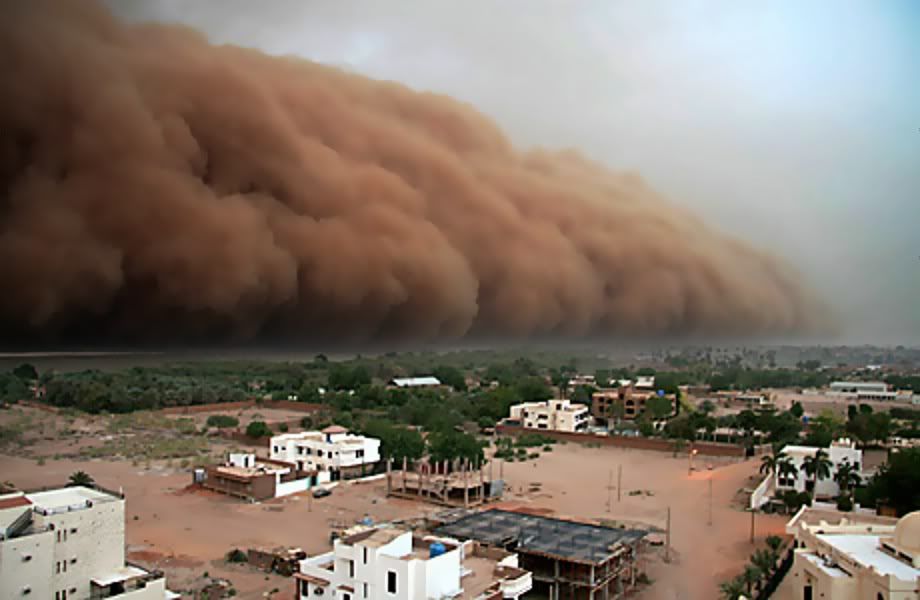
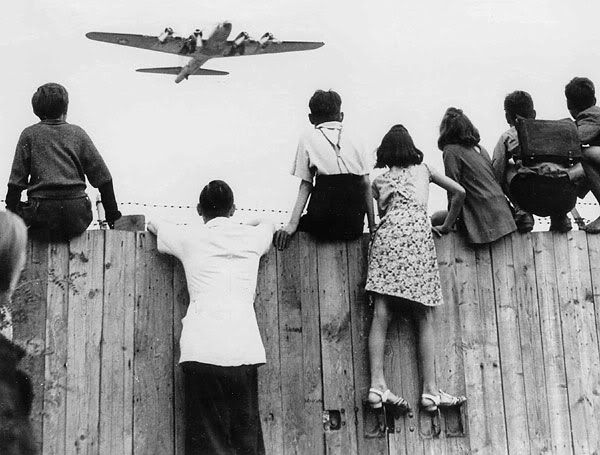
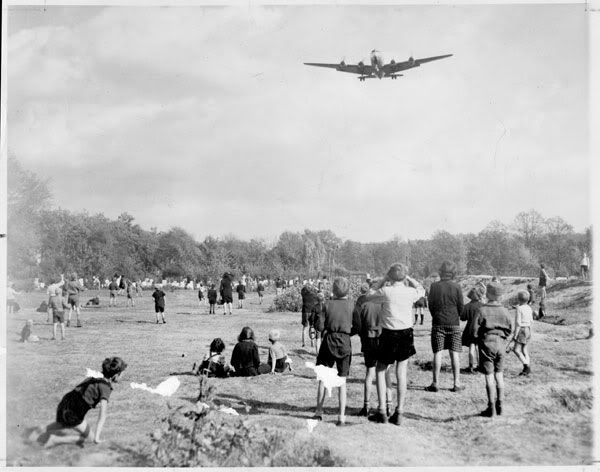
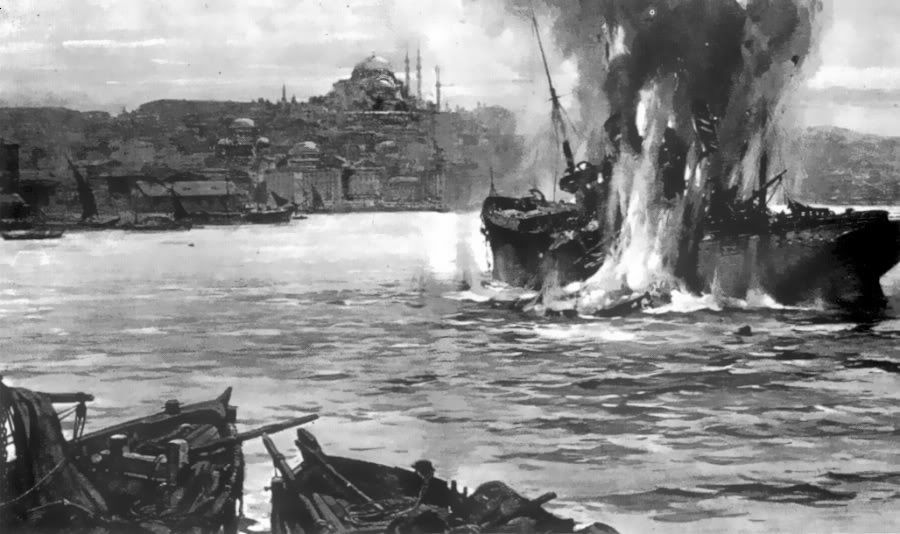
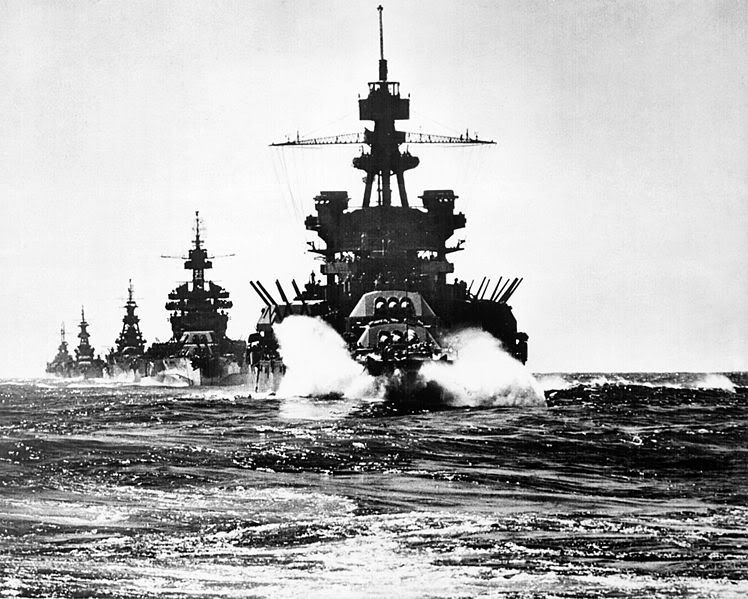
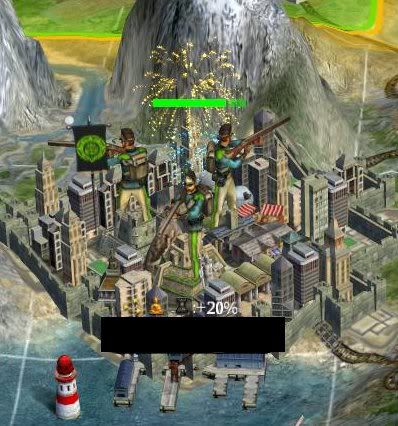
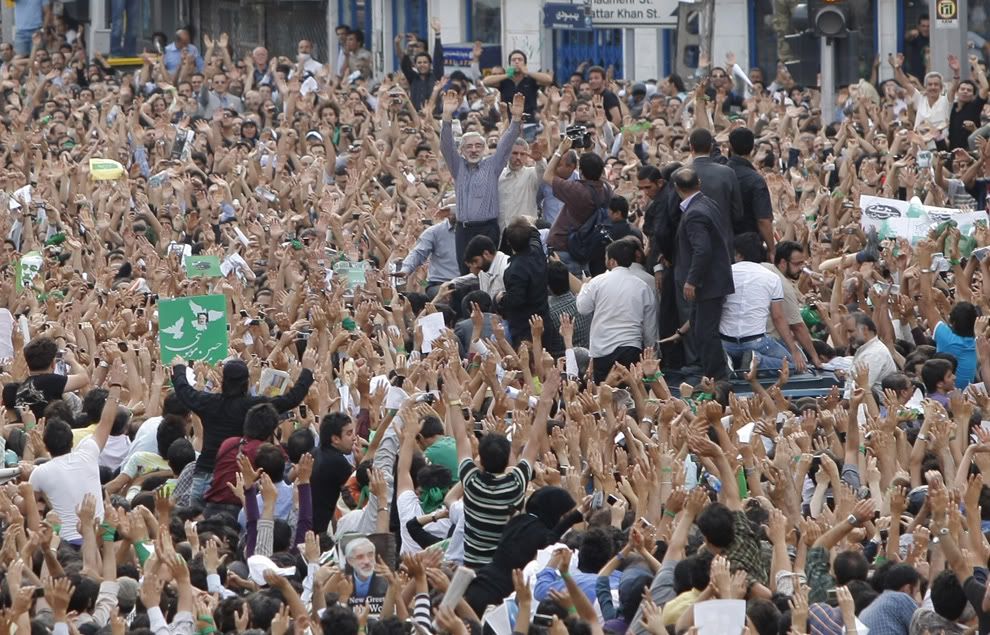
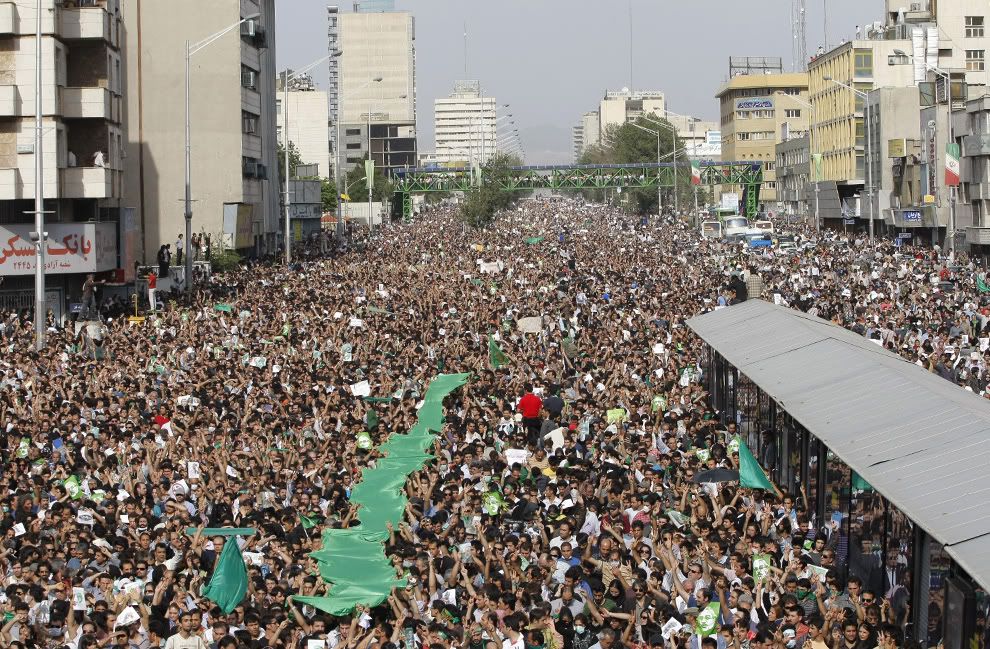
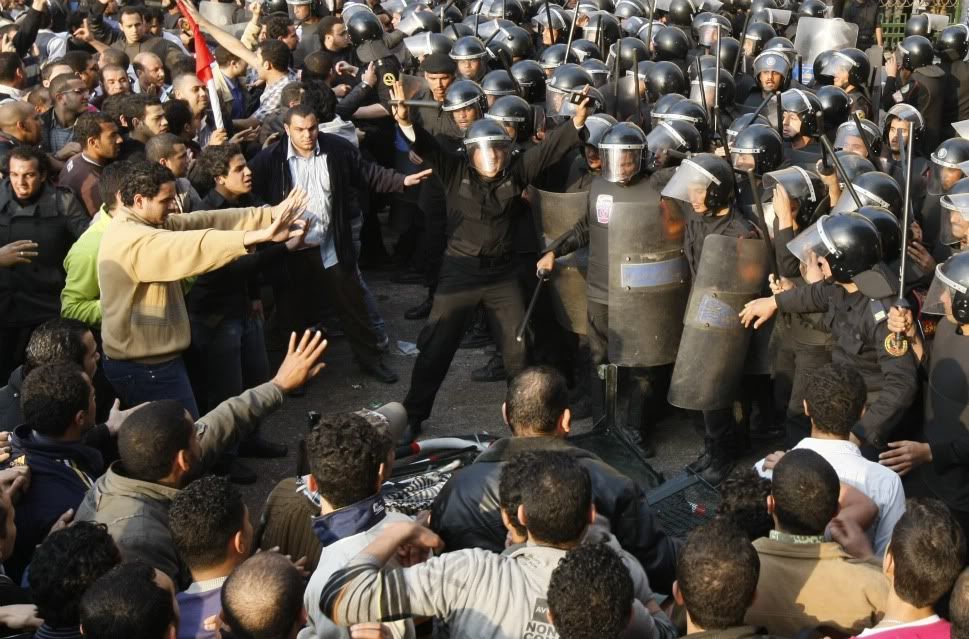
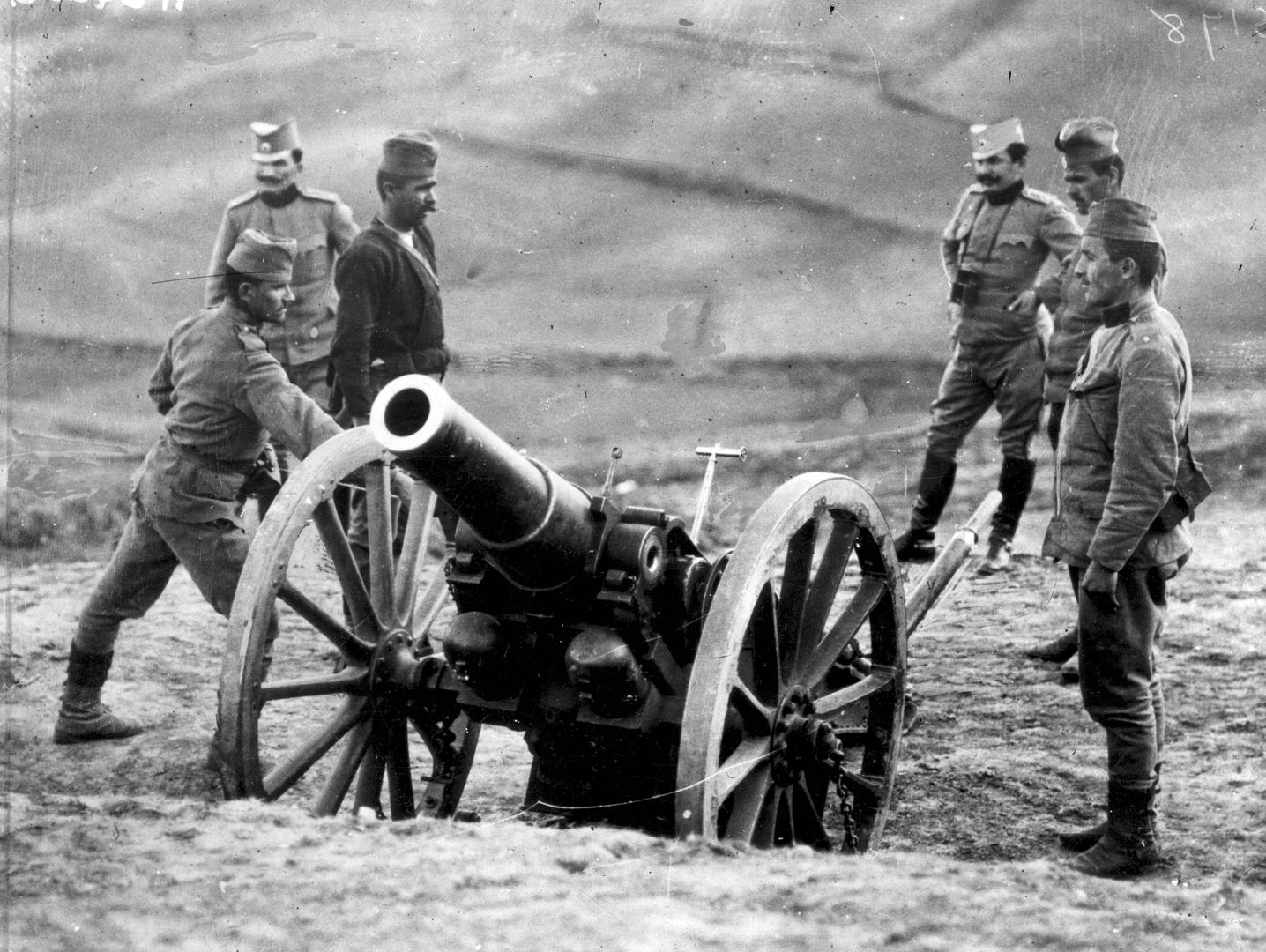
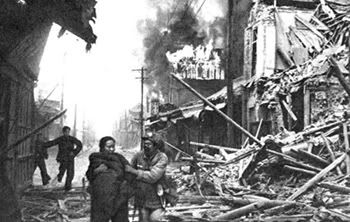
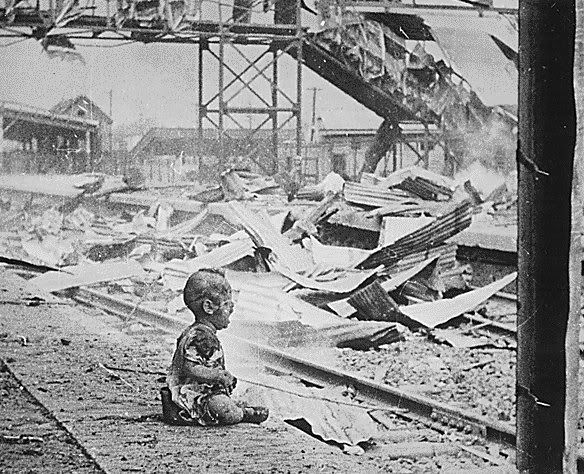

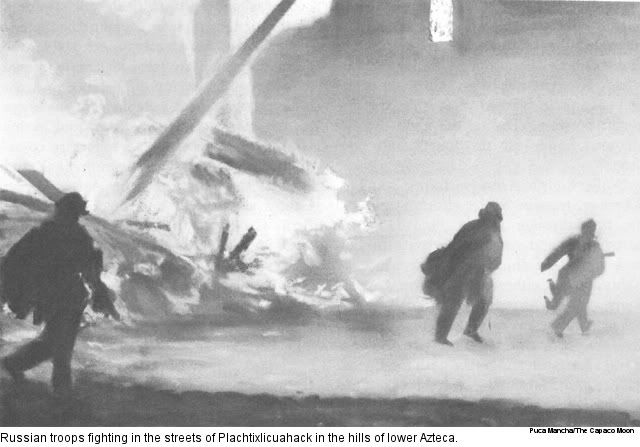
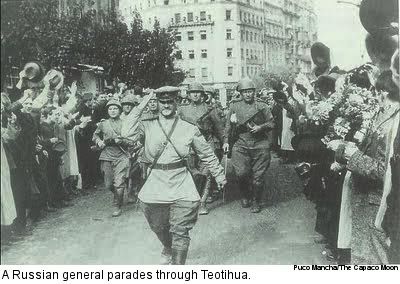 TEOTIHUA - Russians are continuing their assault into the Azteca countryside as the Inca citizenry reels at reports of ongoing and systemic atrocities against the local populations. According to the Inca group Human Justice Internationac, the Russians are systematically expelling agrarian populations and razing settlements. "Whatever they can't take away they burn," said the managing director for the Russian Invasion of Azteca. "This campaign of violence and terror has one goal: punishment. What the purpose of that punishment is, however, is unclear. The Azteca, for all they have done to their own people, have done little to harm the Russians, Turks, or Inca. Certainly, if one assumes the Russian claims of humanitarianism, it makes little sense for them to be killing and evicting Azteca citizens by the hundreds of thousands and to be burning down every farm and plantation within sight. No, that's not 'humanitarian intervention', that's 'genocide'."
TEOTIHUA - Russians are continuing their assault into the Azteca countryside as the Inca citizenry reels at reports of ongoing and systemic atrocities against the local populations. According to the Inca group Human Justice Internationac, the Russians are systematically expelling agrarian populations and razing settlements. "Whatever they can't take away they burn," said the managing director for the Russian Invasion of Azteca. "This campaign of violence and terror has one goal: punishment. What the purpose of that punishment is, however, is unclear. The Azteca, for all they have done to their own people, have done little to harm the Russians, Turks, or Inca. Certainly, if one assumes the Russian claims of humanitarianism, it makes little sense for them to be killing and evicting Azteca citizens by the hundreds of thousands and to be burning down every farm and plantation within sight. No, that's not 'humanitarian intervention', that's 'genocide'."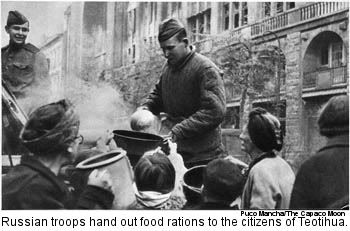 Indeed, reporters from this very paper have recorded and seen multiple atrocities by Russian soldiers against local populations. Pillaging appears to be running rampant, as Eurasian troops descend upon helpless Azteca ruralites, carrying away millions in booty in their brutal conquest of this once proud nation. The Russians have been trying to put a positive face on this barbarity, and have done what they can to prevent total starvation in their conquered territories, but rural resistance to their forces has prevented them from tapping the nearby farmlands for grain and supplies. As one officer told us, "Russian control is limited to a few pachas outside of the [Teotihua] limits and the canal itself. Beyond that, there is no control, only massacre and hatred." In reaction to such impotency, the troops have apparently resorted to mass violence.
Indeed, reporters from this very paper have recorded and seen multiple atrocities by Russian soldiers against local populations. Pillaging appears to be running rampant, as Eurasian troops descend upon helpless Azteca ruralites, carrying away millions in booty in their brutal conquest of this once proud nation. The Russians have been trying to put a positive face on this barbarity, and have done what they can to prevent total starvation in their conquered territories, but rural resistance to their forces has prevented them from tapping the nearby farmlands for grain and supplies. As one officer told us, "Russian control is limited to a few pachas outside of the [Teotihua] limits and the canal itself. Beyond that, there is no control, only massacre and hatred." In reaction to such impotency, the troops have apparently resorted to mass violence.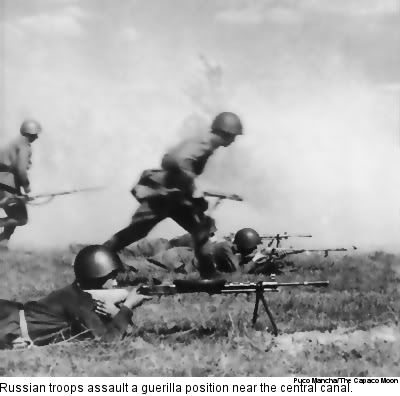 Many atrocities are apparently due to continued resistance to the Russians throughout the occupied territories. Guerrilla bands and insurgents dog the Russian Army at every step as it tries to pacify and incorporate Azteca lands into its holdings. So far, they have been failing, while the insurgency has remained stiff and effective. As militants attack Russian troops and then quickly retreat and dissipate into towns and farmland, the Russians respond by destroying the lands and cities, condemning and punishing the many innocents along with the (supposedly) few militants. These actions begin yet another cycle of violence, as displaced and traumatized civilians create a breeding ground for further militants and demands for retribution. "Society is collapsing in the wake of the invasion, and it is collapsing right onto the invaders," said famed commentator Gucho Pablana.
Many atrocities are apparently due to continued resistance to the Russians throughout the occupied territories. Guerrilla bands and insurgents dog the Russian Army at every step as it tries to pacify and incorporate Azteca lands into its holdings. So far, they have been failing, while the insurgency has remained stiff and effective. As militants attack Russian troops and then quickly retreat and dissipate into towns and farmland, the Russians respond by destroying the lands and cities, condemning and punishing the many innocents along with the (supposedly) few militants. These actions begin yet another cycle of violence, as displaced and traumatized civilians create a breeding ground for further militants and demands for retribution. "Society is collapsing in the wake of the invasion, and it is collapsing right onto the invaders," said famed commentator Gucho Pablana. Many have condemned the Inca, here and abroad, as complicit in the Russian crimes. Indeed, no crime is greater than the near-leveling of Teotihua City during the initial invasion. A once majestic port city of great importance in international shipping and commerce, the city now is a shambling form of its former self. Unable to meet its own basic needs, under occupation by foreign forces, and heavily damaged by the initial fighting and continued insurgency, the city is avoided by international merchants for the Canal of Pan in Inca territory now. No one is quite sure how much was lost in the initial assault on the city, as the Russians have been extremely reluctant to provide any details.
Many have condemned the Inca, here and abroad, as complicit in the Russian crimes. Indeed, no crime is greater than the near-leveling of Teotihua City during the initial invasion. A once majestic port city of great importance in international shipping and commerce, the city now is a shambling form of its former self. Unable to meet its own basic needs, under occupation by foreign forces, and heavily damaged by the initial fighting and continued insurgency, the city is avoided by international merchants for the Canal of Pan in Inca territory now. No one is quite sure how much was lost in the initial assault on the city, as the Russians have been extremely reluctant to provide any details.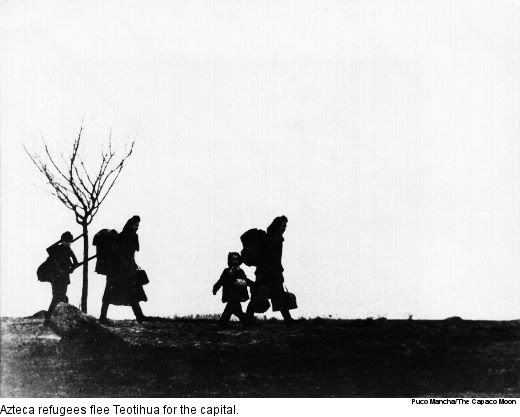 One question remains unanswered, however: Why? Why did the Russians attack Azteca coastal cities far from their oil deposits, and why did the Inca get involved? Many theories have been put forth, but none of the major actors are explaining themselves... yet.
One question remains unanswered, however: Why? Why did the Russians attack Azteca coastal cities far from their oil deposits, and why did the Inca get involved? Many theories have been put forth, but none of the major actors are explaining themselves... yet.


Comment